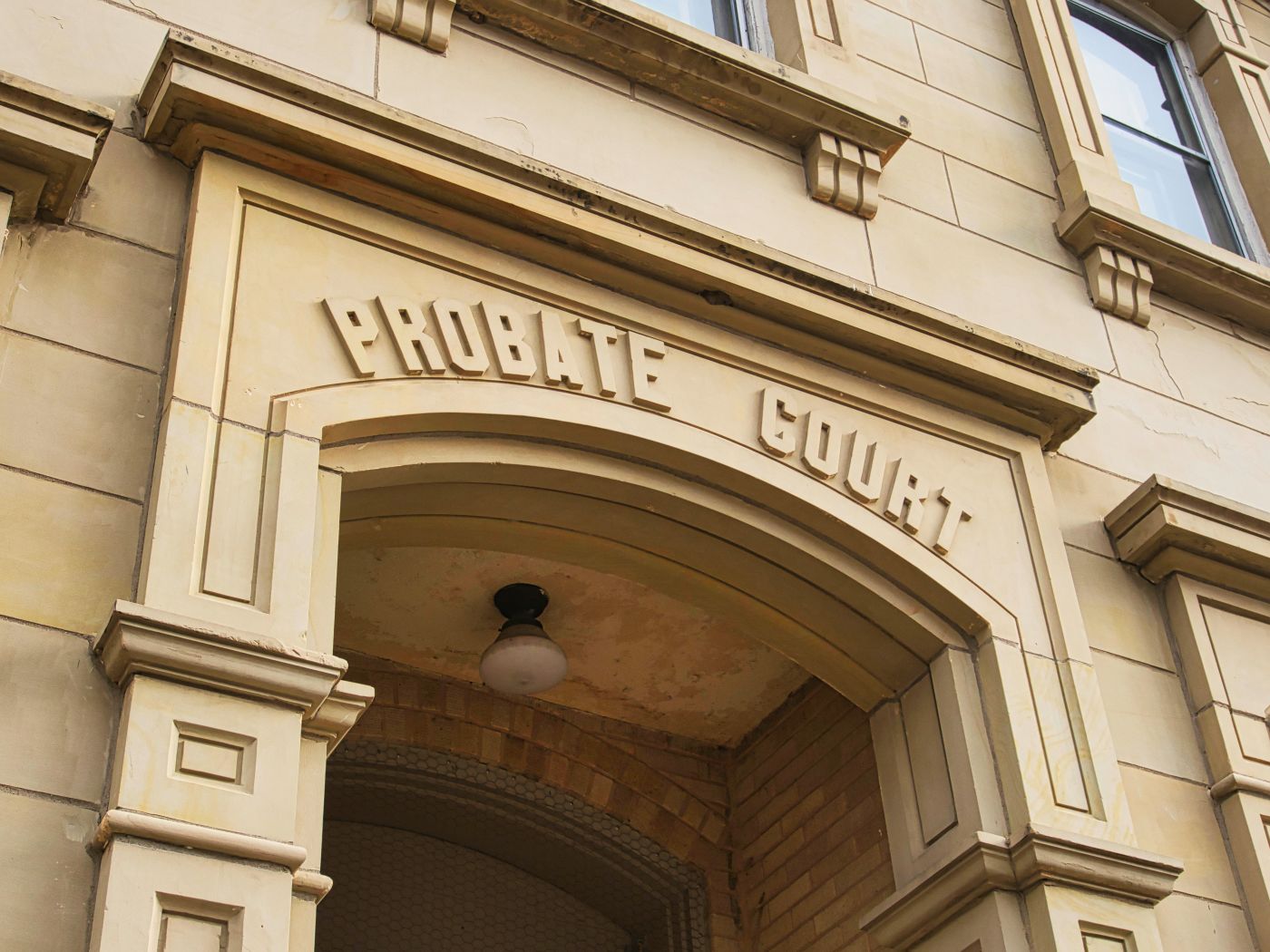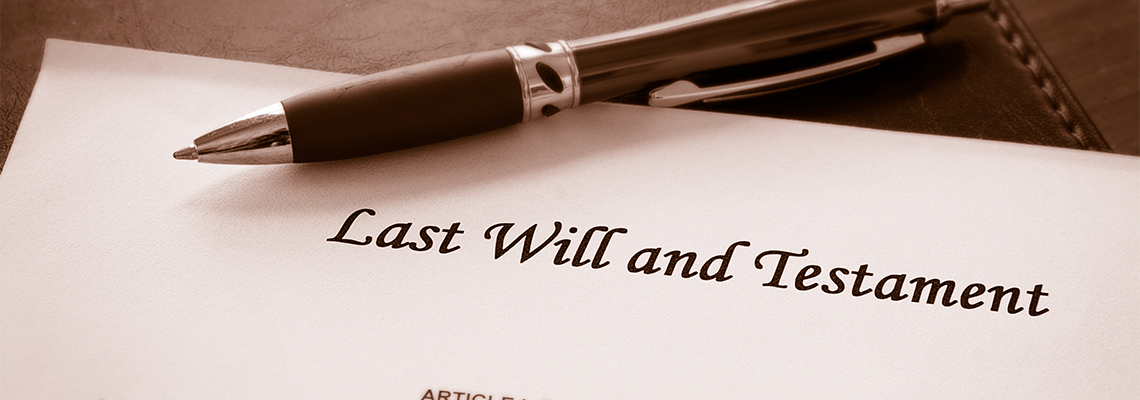
Dealing with the death of a loved one is emotionally taxing, and learning that a will may be contested can add stress, confusion, and tension. Questions about who has the right to challenge a will often arise, leaving many unsure about their options. Knowing your rights and how probate law governs these matters can make the process more manageable.
At Wadler Perches & Kerlick, we’ve helped clients across Southeast Texas address questions and challenges in probate law. Our firm focuses on helping families make informed decisions. If you’re facing a situation involving a contested will, please reach out to us today to learn how we can assist you.
Who Has Standing To Challenge a Will?
Not everyone can challenge a will; you must have legal standing in probate court. Typically, heirs or beneficiaries who would inherit if the will were invalid have the right to challenge it. Standing makes sure that only individuals with a genuine interest in the estate can bring a claim.
Without proper standing, the court will dismiss the challenge before it even begins. Determining who qualifies can depend on the wording of the will and state law. Legal guidance can clarify whether you’re eligible to bring a challenge.
Understanding standing is the first step toward a legitimate contest. This protects the process from unnecessary or frivolous claims. Standing also focuses the case on parties with actual stakes in the estate.
Grounds For Challenging a Will
A will can be challenged on several legal grounds, each of which requires specific evidence. Common reasons include fraud, undue influence, lack of testamentary capacity, or improper execution. These grounds allow the court to examine whether the will truly represents the decedent’s intentions.
Not every concern qualifies as a valid legal challenge. Disagreements over fairness or personal dissatisfaction with inheritance typically aren’t enough. Probate law focuses on legal validity rather than subjective opinions.
Raising proper grounds requires documentation and careful preparation. Courts take these claims seriously and need proof. Having legal support through the process helps strengthen your case.
Who Can Contest Due To Lack of Testamentary Capacity
Testamentary capacity refers to the decedent’s mental ability when they created the will. Individuals can contest the will if they believe the testator didn’t understand the nature of their estate or the consequences of their decisions. This protects vulnerable individuals from being misrepresented in their own estate plans.
Evidence may include medical records, witness statements, or expert opinions on the testator’s mental state. Courts weigh this evidence carefully to determine whether the will reflects the testator’s true intentions. Successfully proving incapacity can result in the will being invalidated.
Lack of capacity challenges are common in contested wills. They help maintain fairness in probate law and protect the rights of both heirs and the decedent. Legal assistance is often necessary to gather and present this type of evidence effectively.
Contests Based on Undue Influence
Undue influence occurs when someone pressures or manipulates the decedent into making decisions that benefit them personally. Beneficiaries or heirs can challenge a will on these grounds if they suspect coercion or manipulation. The court evaluates whether the influence overrode the decedent’s free will.
Evidence can include sudden changes in the will, isolation of the decedent, or relationships that suggest manipulation. Documented patterns of coercion help strengthen the claim. Courts consider both direct and circumstantial evidence when deciding these cases.
Proving undue influence is often challenging but critical in contested wills. It preserves the integrity of the estate and the deceased's intentions. Probate law provides mechanisms for the court to fairly examine these situations.
Fraud and Forgery Challenges
A will can also be contested if fraud or forgery is suspected. This occurs when the document was created or altered dishonestly to misrepresent the decedent’s wishes. Fraudulent wills are considered invalid under probate law.
Challenges can include handwriting analysis, forensic investigations, and testimony from witnesses who knew the decedent’s intentions. Highlighting inconsistencies or suspicious actions can bolster the claim. Courts carefully examine these cases to safeguard against misuse of the probate system.
Fraud and forgery claims protect estates from illegal or unethical interference. Contesting under these grounds requires diligence and proper legal guidance. Courts aim to uphold the testator’s true intentions.
Improper Execution of the Will
In Texas, a will must meet specific formal requirements to be valid, including being signed by the testator and properly witnessed. If these requirements weren’t followed, a beneficiary or heir can contest the will. Improper execution challenges are relatively straightforward but must be proven in court.
Documentation and testimony from witnesses who observed the signing are critical pieces of evidence. Courts will review whether the legal formalities were met. Failure to comply with these standards can render a will entirely invalid.
These challenges protect the legal integrity of estate planning. They help maintain trust in probate law and make sure the decedent’s instructions are followed properly. Wadler Perches & Kerlick can provide legal support that can clarify what evidence is necessary to pursue this type of claim.
Heirs and Beneficiaries With Standing
In Texas, the legal right to contest a will in probate court is limited to specific individuals. Generally, this includes heirs who would inherit under a prior will or through intestacy if the current will is deemed invalid. Beneficiaries named in the existing will may also contest it if their inheritance is impacted.
Standing depends on the potential financial impact of the contested will. Courts consider whether the individual has a genuine interest in the outcome. Proper legal guidance can clarify your eligibility to contest.
Having a clear standing strengthens the validity of your case. It makes sure that the probate process addresses legitimate claims. Probate law focuses on protecting those with a legal interest in the estate.
Time Limits for Contesting a Will
Contesting a will must happen within specific time limits set by Texas probate law. Filing too late can result in dismissal, even if you have a valid claim. These deadlines vary depending on the type of probate proceeding and whether the estate is independent or dependent.
It’s critical to act quickly once you learn about the will. Legal counsel can advise you on the appropriate timeframe. Timely action preserves your rights to contest effectively.
Meeting these deadlines is an essential part of debt collection defense and probate law. Missing them can forfeit your opportunity to challenge. Courts enforce these rules strictly to maintain order in the probate process.
Strategies for Challenging a Will
A successful will contest requires careful planning and the collection of evidence. This includes gathering medical records, correspondence, witness statements, and other documentation that support your claim. Courts weigh this evidence to determine the validity of the challenge. Common strategies for challenging a will include:
Gathering testimony: Witnesses who can attest to the testator’s capacity or influence provide critical support.
Collecting documentation: Medical records, letters, and financial records help establish your case.
Identifying inconsistencies: Comparing previous versions of the will or prior statements can reveal undue influence or fraud.
Hiring legal guidance: Working with an attorney familiar with probate law improves the presentation of your case.
Using these strategies can increase the likelihood of a favorable outcome. Courts carefully consider credible evidence and coherent arguments. Probate law provides the ability to examine these claims fairly and thoroughly.
Mediation and Settlement Options
Not all will contests end up in court; mediation is sometimes possible. Parties can negotiate resolutions to avoid lengthy litigation. This approach can save time, reduce stress, and preserve family relationships.
Mediation enables disputing parties to discuss their concerns and reach a compromise under the guidance of a neutral mediator. This can include adjusting distributions or clarifying unclear provisions. Settling disputes amicably benefits both heirs and beneficiaries.
Even if mediation is attempted, legal counsel is critical. Attorneys make sure your rights are protected during discussions. Utilizing knowledge of probate law helps guide these negotiations effectively.
What Happens in Court
If a contest proceeds to court, the judge will review all evidence and hear witness testimony. The court determines whether the will meets legal requirements and reflects the decedent’s intentions. Decisions are based on facts and the applicable provisions of probate law.
Courts also consider whether any undue influence, fraud, or lack of capacity affected the testator. Evidence must be presented clearly and in accordance with legal procedures. Having representation improves your ability to present a compelling case.
Court outcomes can vary depending on the strength of the evidence. A favorable ruling can uphold or invalidate the will. Probate law provides the tools to resolve these disputes fairly.
Protecting Your Rights Throughout the Process
Challenging a will can be emotionally charged, but protecting your rights is important. Keeping organized records, understanding deadlines, and consulting legal guidance helps maintain control. Acting prudently increases your chances of a favorable outcome. Key steps to protect your rights include:
Documenting everything: Keep records of communications, observations, and relevant documents.
Meeting deadlines: File your contest and responses within the required timeframes.
Seeking legal advice: Attorneys provide guidance on procedures, evidence, and court strategies.
Communicating clearly: Clear, professional communication helps avoid misunderstandings and strengthens your position.
Following these steps protects your legal standing and credibility. Courts take organized, timely, and well-supported claims seriously. Probate law is designed to uphold fairness while respecting the testator’s intentions.
Let an Experienced Attorney Help With Contesting a Will
Challenging a will requires careful attention to detail, evidence, and procedure. We provide guidance in probate law to help protect clients' rights and interests in Southeast Texas. At Wadler Perches & Kerlick, we thoroughly evaluate your claims, gather relevant evidence, and effectively advocate in court. Please reach out to us to schedule a consultation and discuss how we can assist you.



